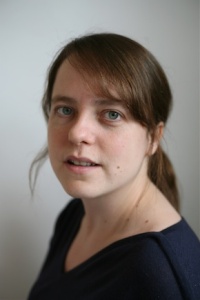The director Jamie Lloyd’s ascent to the top of British theatre has been so fast he’s sometimes called “Jammy Lloyd”.
An advocate of affordable theatre for diverse audiences, he’s been described by The Evening Standard as ‘redefining West End theatre.’ At 38, he’s now set himself the challenge of directing all of Harold Pinter’s shorter plays in a single season. He’s cast Danny Dyer, Martin Freeman, Tom Hiddleston, and he coaxed Lee Evans out of retirement. We ask him how. And why?





